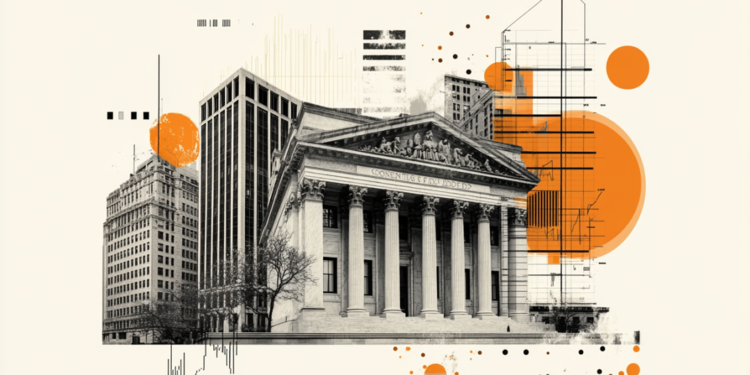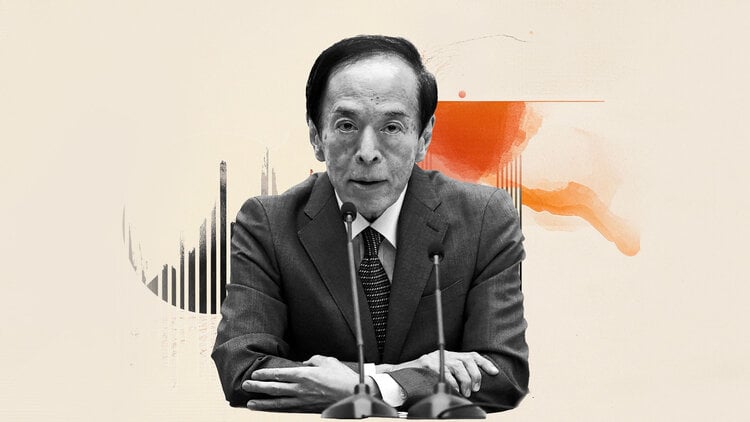Good Storage emerged in 2013 with an eye on a very strong market in other countries, especially in the US, but still little explored in Brazil: the so-called self-storage warehouses, which are seen as an option to stock items that no longer fit in residences.
Now, however, what is moving the market is not people looking for more space, but e-commerce companies looking for ways to facilitate and speed up their deliveries.
According to Thiago Cordeiro, president of Good Storage, the demand from companies in the sector for these spaces has increased in recent years. If in 2019 the demand was almost zero, in 2022 the segment should represent a 50% share of the business.
Today, the company has 19 units and three other logistics parks aimed at corporate customers.
According to Cordeiro, nine other units and four logistics parks are already under construction, which should be delivered by the end of 2024.
With the deliveries, Good Storage’s gross leasable area will increase from 133 thousand square meters to 245 thousand square meters, an increase of 84%. In total, with the openings scheduled for the next two years, the company will have invested around US$ 300 million (more than R$ 1.5 billion).
The investment comes from private equity manager Evergreen, which has US$ 5.7 billion (about R$ 30 billion) under management.
So much investment is based on the fact that, with the fiercer dispute over the speed of delivery of purchases made over the internet, large retailers found in self-storages an outlet to increase the efficiency of the last mile – the last stage of goods shipment.
In this scenario, the company estimates to grow 30% and reach a turnover of R$ 100 million.
“Businesses are similar and we have the same position of trying to solve the same problem for individuals and companies, which is the lack of space”, says the executive.
“We want to be in the right places in the city and bring that ease.”
differences
If warehouses with a format similar to garages and spaces from 1 m² to 150 m² prevail in projects aimed at individuals, in logistics parks there is also space for companies to set up their operations, in an area that exceeds 2 thousand m² – it is precisely in this second business model that the company is betting on for the next years.
For Cordeiro, these investments are far from meeting the need for this type of logistics space in São Paulo. Therefore, it is practically certain that new funding will be necessary to maintain the pace of expansion.
In the long term, even the opening of units in cities other than the capital of São Paulo is under study.
According to data from consultancy Brain, despite Cordeiro’s optimism, vacancy in the deposit market is still high. In the third quarter of 2021, the latest data released, 20.8% of the gross leasable area was empty.
For Fábio Tadeu Araújo, managing partner at Brain, the fact that e-commerce companies embrace the model to speed up their deliveries can also bring benefits to individual customers in the sector in the future.
“As the sector grows and gains scale, it starts to have more competitive prices, which will make it more accessible to individuals”, says Araújo.
“And this is a market that can slow down, but it will hardly retract, as it has a very large space to grow.”
The information is from the newspaper. The State of São Paulo.
Source: CNN Brasil
I am Sophia william, author of World Stock Market. I have a degree in journalism from the University of Missouri and I have worked as a reporter for several news websites. I have a passion for writing and informing people about the latest news and events happening in the world. I strive to be accurate and unbiased in my reporting, and I hope to provide readers with valuable information that they can use to make informed decisions.







